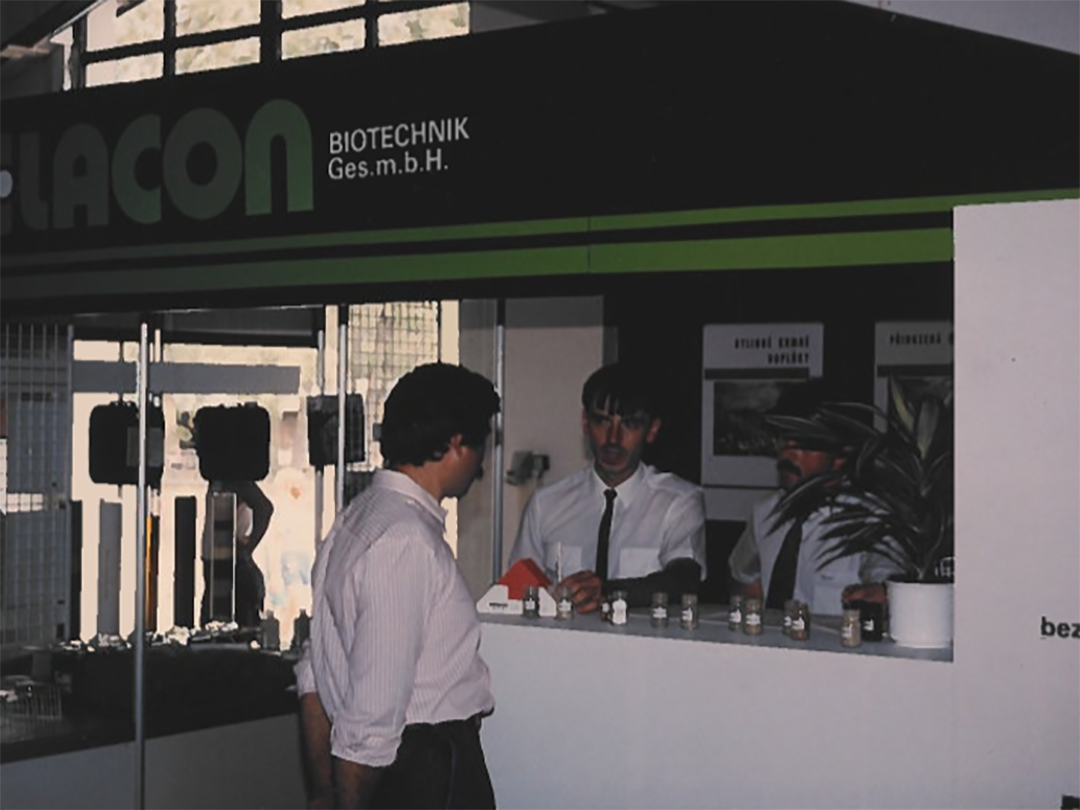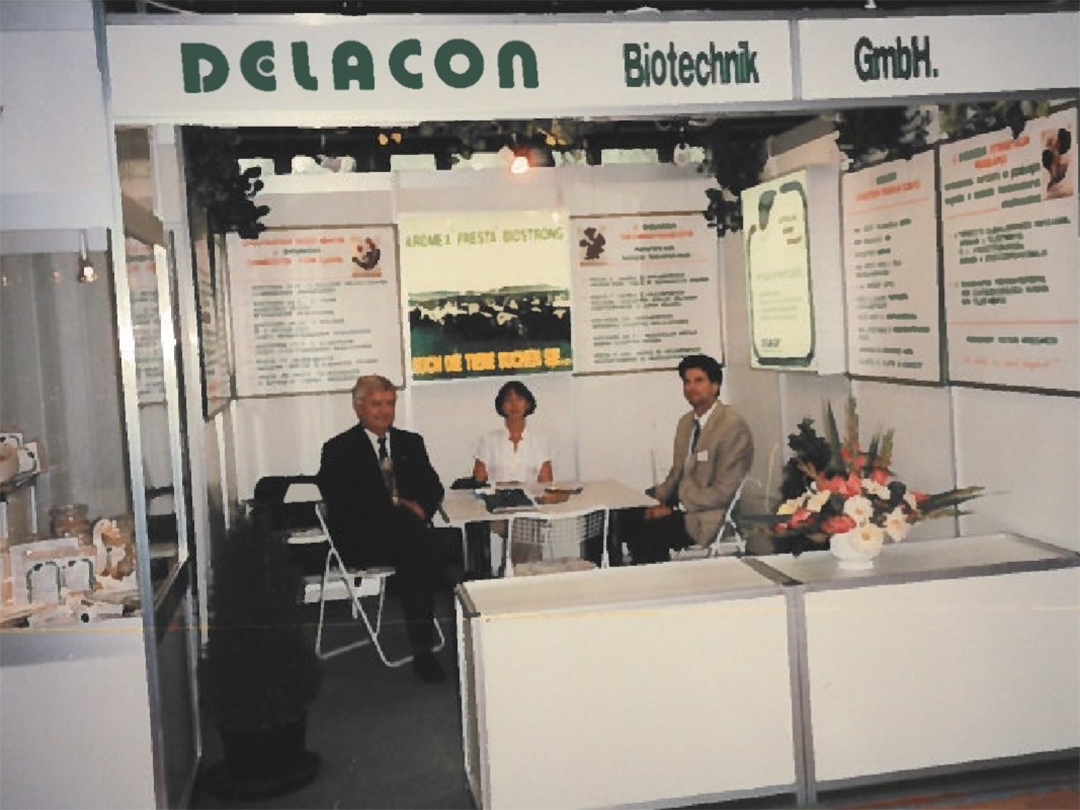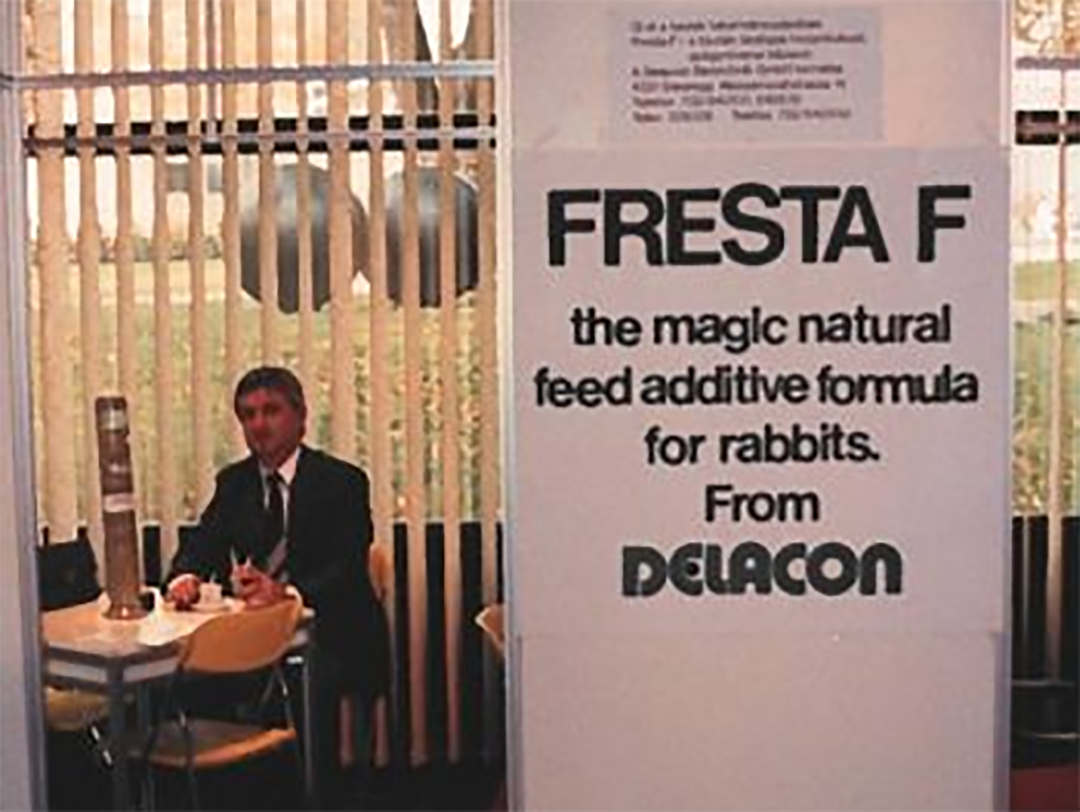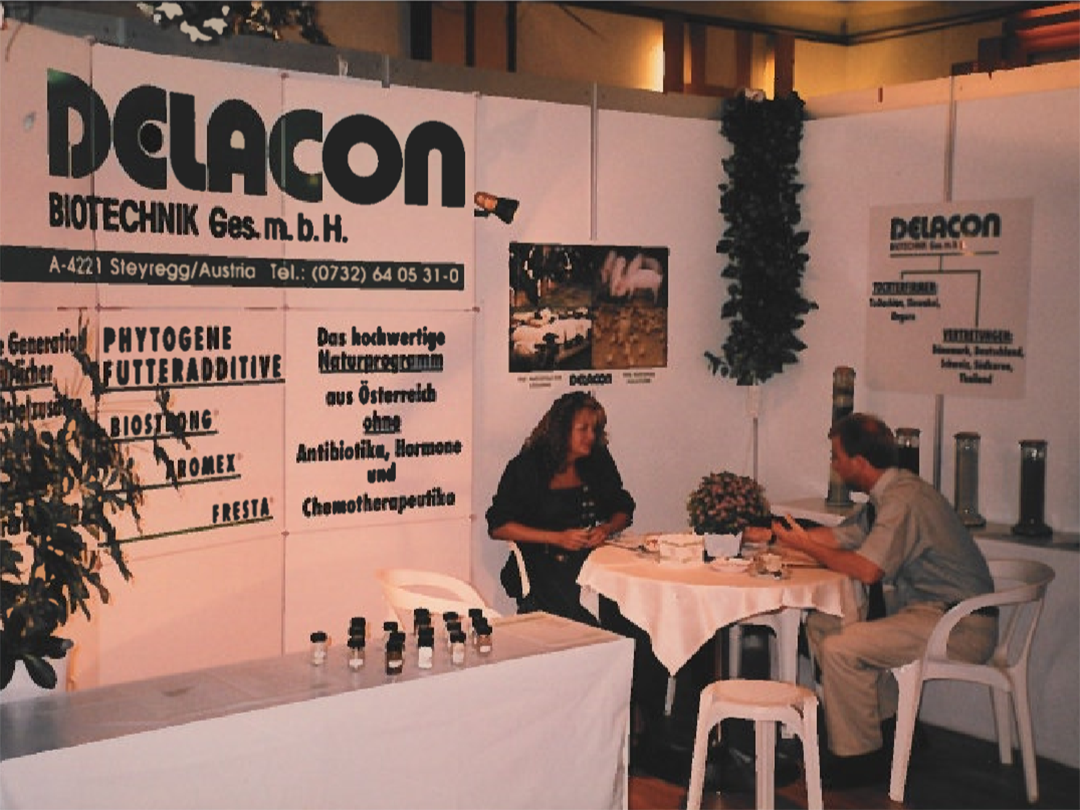Five things you probably didn’t know about Delacon
I tell you some exciting facts around Delacon, the scientific approach, phytogenics and the culture. Continue reading, you won't regret it!
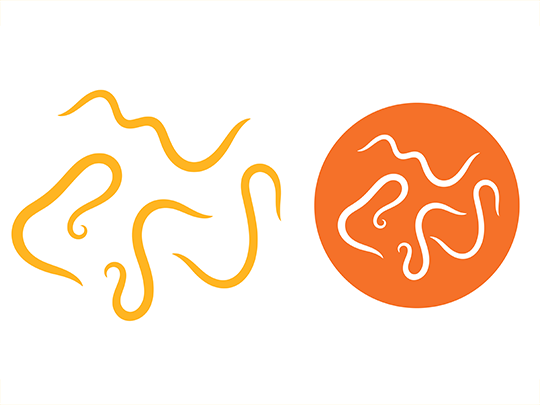
1. To develop the next generation of phytogenics, we use the nematode C elegans as a screening model
The famous nematode had been explored and introduced for scientific purposes by Sydney Brenner, Nobel Prize Winner in 2002. As the nematode shows the same biochemical pathways as other animals, it is likely to transfer results of metabolic effects from the worm to other farm animals. Due to its simplified organism and shorter life cycle, the worm is already established as a screening model in neurobiology and development biology.
For the first time, the nematode is used in basic research for phytogenic feed additives. We will assess the properties of active plant ingredients and their effects on intermediary metabolism and lifespan extension.
2. Delacon’s Head of R&D is also a professor at the University of Applied Sciences in Wels, Upper Austria

It is Dr. Andreas Mueller, who is giving lectures about ‘nutritional physiology.’ Marlene, Online Communications Manager, has already been participating in one of his courses. Her résumé: “It was informative, crazy, and funny. Chemical formulas, complex connections between diet and processes in the body – it might sound boring – but it wasn’t the case. It was one of the best university lectures I have ever been to.”
Leading a young & experienced team of six scientists
Every day, they strive hard to support our vision with scientific data. They conduct high-level research in phytogenics. Each of the R&D team members comes from a different academic discipline – microbiology, molecular cell biology, or immunology. As a result, together, they form a unique and top-performing knowledge center.
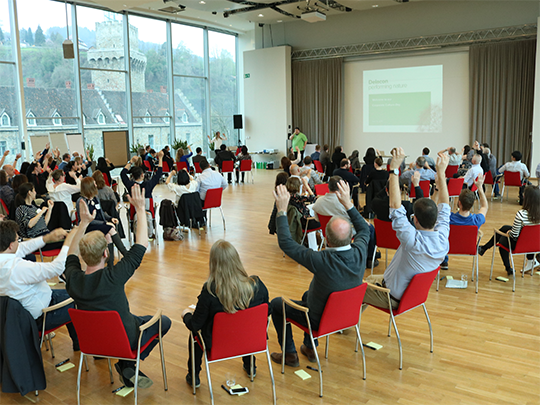
3. The entire Delacon team celebrates an annual reunion
From Asia Pacific, China, Africa, Europe and the US – today, Delacon team members come from 25 nations. Once a year, most of the team members meet up to map the road for the upcoming fiscal year.
One day within this weekly meeting is meant for cultural topics, values, and mutual learning. I can hardly describe this magnificent atmosphere. But every year, it’s fantastic to see how we are growing together.
4. The first product was Fresta F
Okay, it was one of the first products besides Fresta-FER and Aromex. Fresta® F is a well-known phytogenic for swine. However, the original formula was intended for rabbits. Interesting, isn’t it? The first version of Aromex® for example, was available in liquid form.
Step by step, we developed our phytogenics to highly standardized products with measurable results. The zootechnical registration for Biostrong® 510 EC certainly shows our efforts in quality, efficacy and safety. Phytogenics receiving a zootechnical registration meet highest validation standards approved by European authorities. EFSA – the European Food Safety Authority – and the European Committee provide independent evidence that a product enhances performance and is safe.
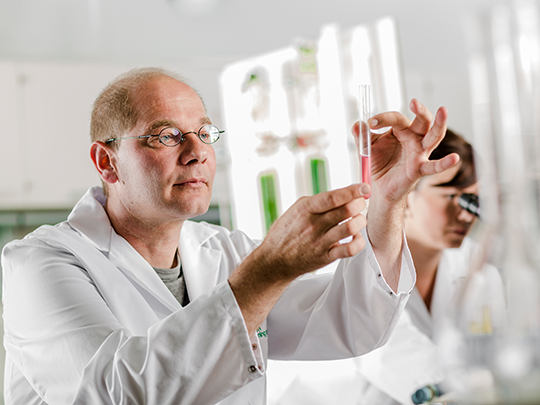
5. Delacon has its own in-house laboratory
If a phytogenic feed additive passes our gate, we ensure that it fulfills all quality standards based on research. Almost 20 years ago, Delacon was certified by ISO 9001 quality management standard. It was a first step in a series of official quality management confirmations.
Moreover, the in-house laboratory plays an essential role in the selection and validation process. Responsibilities involve:
- Check of documents and certificates of suppliers and raw materials
- Analyzation of delivered raw materials as well as phytogenics through standardized parameter analysis
- Identifying and measuring major actives in botanicals
- Final check of every product bag
What did you already know?

Katharina Mayrhuber
Katharina loves to learn, discover and tell feed and food stories globally - using Social Media, visual communications and media relations. She is currently not working actively at Delacon.

